Human Rights and Crimes against Humanity19
Eric D. Weitz, Founding Editor
This series provides a forum for studies on the perpetration of large-scale atrocities and the political and ethical issues of human rights protection, memory, and redress that develop in their wake. Using a broad understanding of these crimes, it publishes significant works of original scholarship and major interpretation by academics, journalists, and other writers, bringing these crimes—and the responses to them—to the attention of a wide audience.
-

A gripping behind-the-scenes account of the dramatic legal fight to hold leaders personally responsible for aggressive war
-
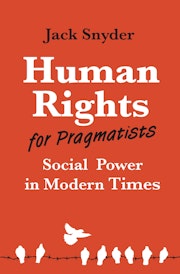
An innovative framework for advancing human rights
-

A searing historical account of a tragic episode of the Stalinist terror
-
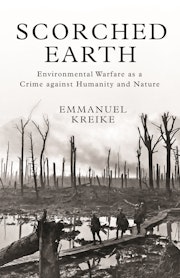
A global history of environmental warfare and the case for why it should be a crime
-
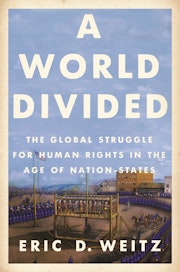
A global history of human rights in a world of nations that grant rights to some while denying them to others
-
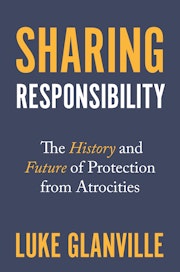
A look at the duty of nations to protect human rights beyond borders, why it has failed in practice, and what can be done about it
-
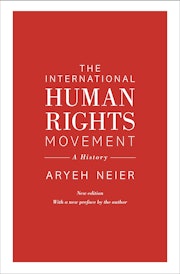
A fascinating history of the international human rights movement as seen by one of its founders
-
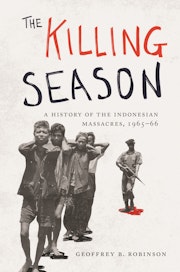
The definitive account of one of the twentieth century’s most brutal, yet least examined, episodes of genocide and detention
-
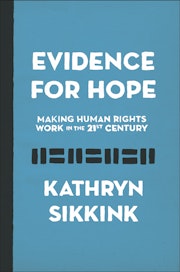
A history of the successes of the human rights movement and a case for why human rights work
-
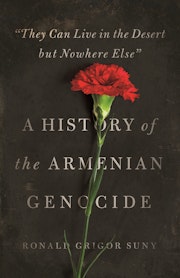
A definitive history of the 20th century's first major genocide on its 100th anniversary
-
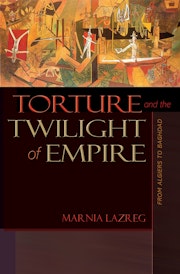
Torture and the Twilight of Empire looks at the intimate relationship between torture and colonial domination through a close examination of the French army's coercive tactics during the Algerian war from 1954 to 1962. By tracing the...
-
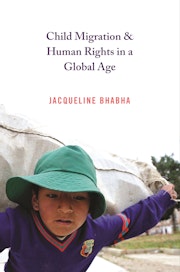
The first comprehensive look at the global dilemma of child migration
-
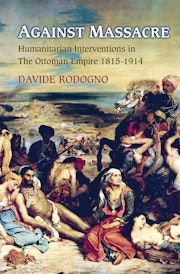
Against Massacre looks at the rise of humanitarian intervention in the nineteenth century, from the fall of Napoleon to the First World War. Examining the concept from a historical perspective, Davide Rodogno explores the understudied...
-
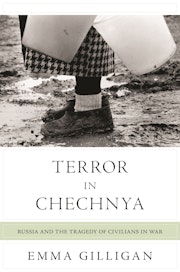
A riveting history of Russia's crimes in Chechnya
-
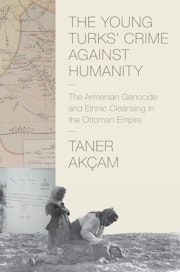
An unprecedented look at secret documents showing the deliberate nature of the Armenian genocide
-
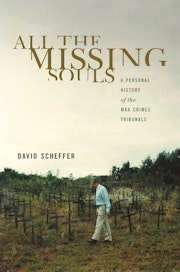
The behind-the-scenes story of how today's war crimes tribunals came to be
-
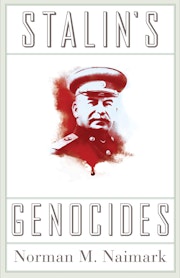
The chilling story of Stalin’s crimes against humanity
-
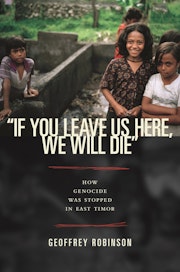
A riveting firsthand account of the violence in East Timor in 1999
-

"Nobody I ever met on my assignments . . . asked me for direct, practical help. . . . But over and over again people have asked me: 'Will you write this down?' "--Echoes of Violence
?